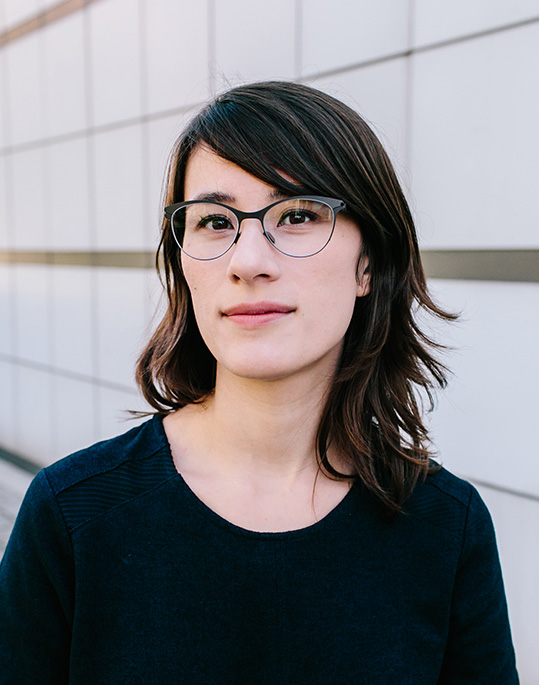Leah Pistorius
March 1, 2024

Nadya Peek, assistant professor in Human Centered Design & Engineering
Nadya Peek, an assistant professor in the Department of Human Centered Design & Engineering, has received a Faculty Early Career Development (CAREER) Program Award from the National Science Foundation.
The CAREER Award is the NSF’s most prestigious award in support of early-career faculty who have the potential to serve as academic role models in research and education. The five-year, over $700,000 grant will support Peek and students in her lab, Machine Agency, in revolutionizing how we approach small-scale automation across the digital/physical divide.
The precision and efficiency of automation can be useful for a wide variety of fields, from digital fabrication to laboratory science to cooking. However, setting up new automated workflows can be complex and expensive, requiring automation expertise and up-front engineering time. For practitioners working in smaller-scale production or with niche workflows—particularly with workflows using both hardware and software—the threshold to using automation remains high. This research aims to lower that threshold and equip people who may need a wide variety of automation strategies with toolkits to support them in automating their workflows across the digital/physical divide.
Peek has three primary research goals with this project:
- Understanding work practices: By working with a wide range of practitioners whose work demands a variety of human-machine interfaces, Peek aims to understand current work practices and uncover appropriate systems for automation.
- Hardware toolkit development: Peek and her collaborators will create hardware toolkits tailored for automating physical/digital tasks such as fabrication, laboratory work, and materials engineering, and prioritize adaptability and customizability that will best suit the practitioner's needs.
- End-user software: Peek and her collaborators will develop user-friendly software for creating new physical/digital workflows. This software will be designed to emphasize customization and flexibility, enabling practitioners to have agency over their unique automation processes.
In addition to research, Peek is planning educational outreach through new courses that use the developed toolkits and workshops for the general public on how to use these toolkits in makerspaces. As with several of her other projects, Peek will release the toolkits as open-source and with clear documentation, aiming to facilitate widespread adoption and understanding of automation technologies.